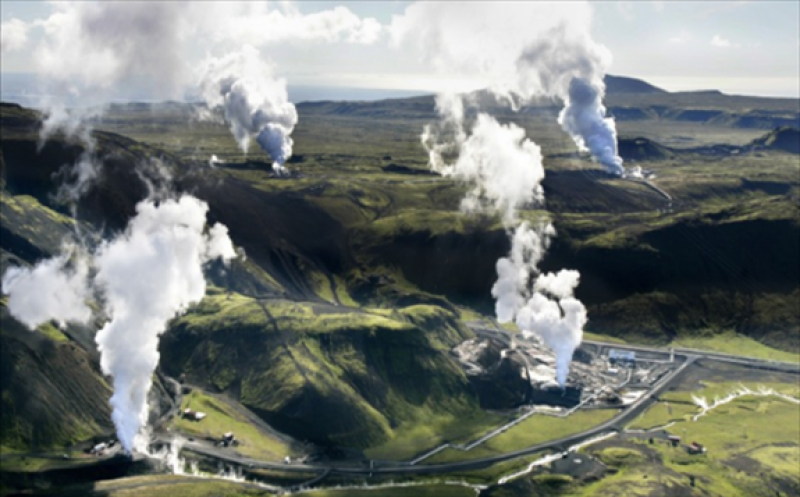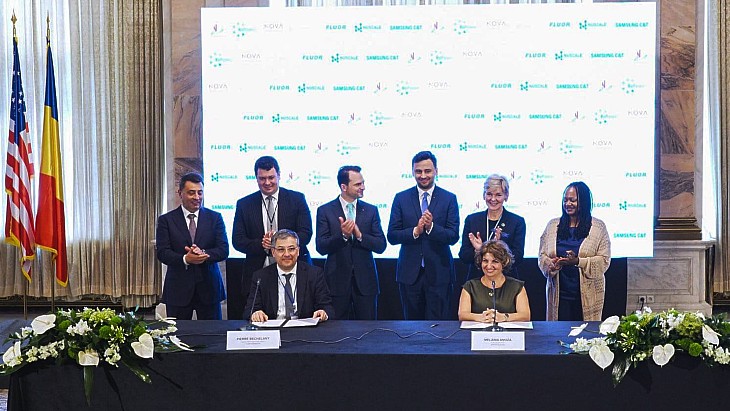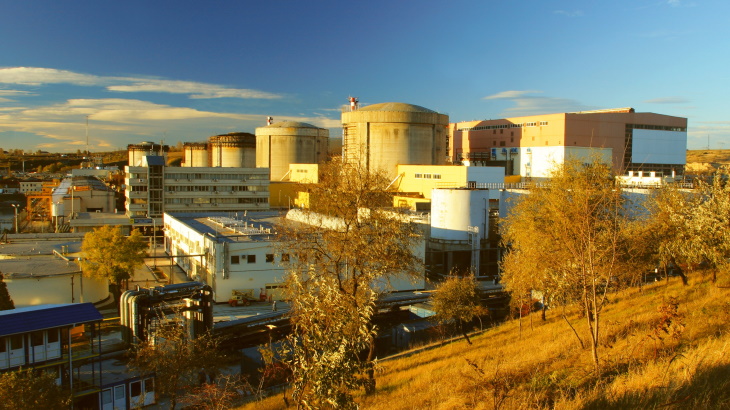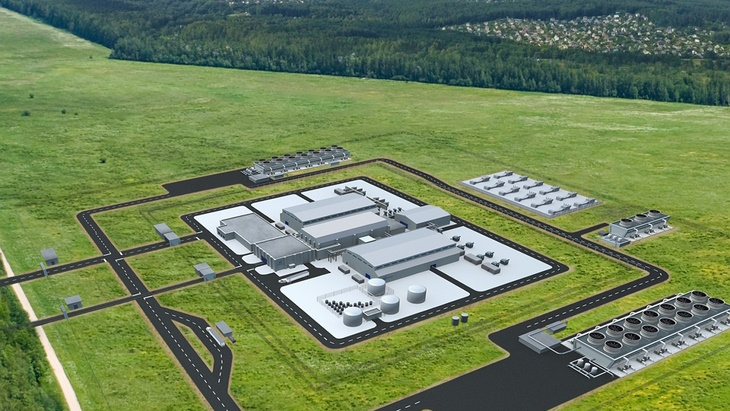Policy reforms are crucial to ensure Europe’s geothermal energy market reaches its full potential despite witnessing growth since 2019, according to a new report released by the European Geothermal Energy Council.

EGEC has called for the development and adoption of a stable policy framework, proper insurance schemes, sound Research & Development & innovation policies, carbon price, as well as curbing the support for fossil fuels in order to scale up the use of geothermal energy.
The European Geothermal Market Report 2019 states that the bloc had 130 geothermal energy plants operating at the end of 2019. There were 36 projects under development and 124 projects in the planning phase totaling 3.3 GWe capacity.
EGEC predicts that the number of operating power plants, with baseload, could double in the next 5-8 years.
Other key study highlights include:
Europe is a leading market for geothermal district heating and cooling systems.
The bloc installed 5.5 GWth in capacity in 25 European countries in 2019.
There is a high probability for all European countries to implement geothermal district heating and cooling.
This would help cover 25% of the EU population.
The region’s geothermal heat pump market reached a milestone of 2 million installed units in 2019.
The technology became mainstream in certain national markets, proving its maturity to drive the shift of the heating sector to renewables.
Philippe Dumas, EGEC Secretary General, said: “Geothermal energy is sparking enthusiasm throughout Europe, and not only for heating and cooling in buildings and infrastructures, but also for industrial processes and agriculture. New opportunities are arising with the extraction of sustainable geothermal lithium made in Europe.
“With so many different applications, vast untapped potential and the high growth rates of the last years, geothermal energy is bound to become the bedrock of energy transition. 2020 to 2030 will be the “Geothermal Decade”. Suitable European and national policy frameworks can and should encourage this trend if European countries are serious about becoming zero-carbon by 2050.”







